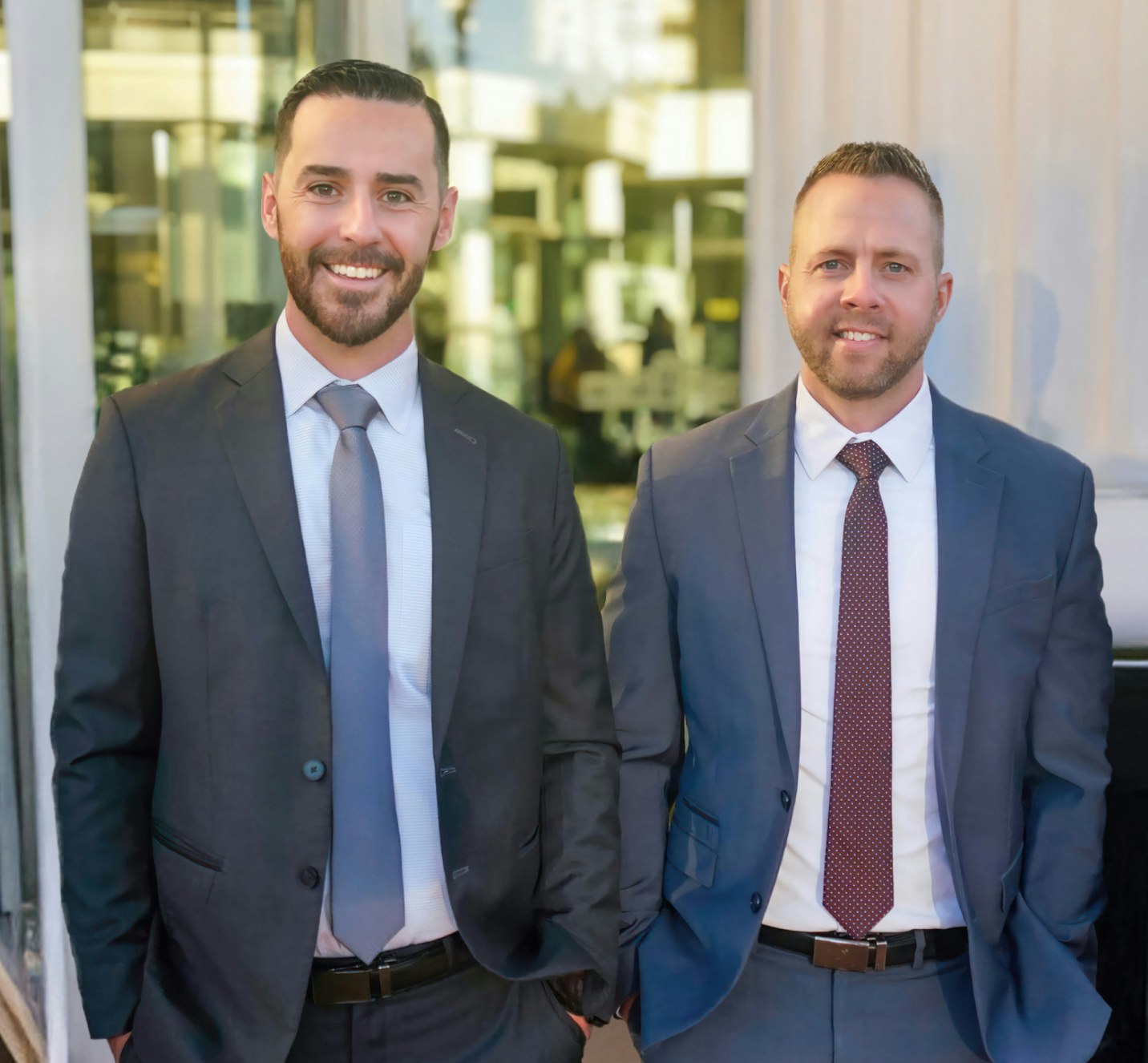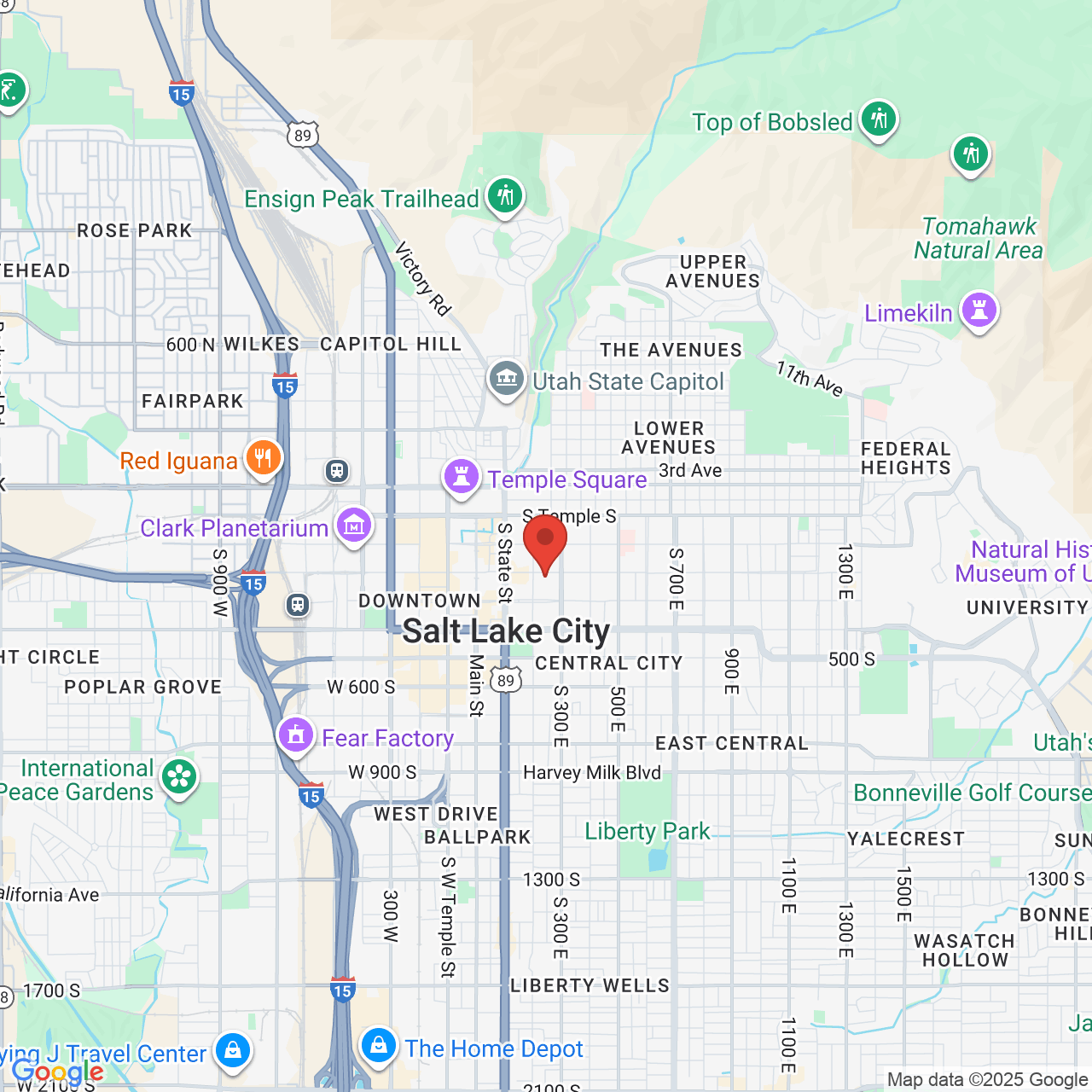Anesthesia Complications and Medical Malpractice
 Anesthesia is commonly used eliminate pain and/or render the patient unconscious during surgical procedures, the labor and delivery process, medical treatment, or times of great pain. Local anesthesia is generally considered to be safer than general anesthesia. When patients are given a local anesthetic, the area in which the medication is administered becomes numb. An example of a local anesthetic is Novocain, the numbing medication used during dental procedures. Local anesthetics are beneficial because they are capable of temporarily alleviating pain with few adverse side effects.
Anesthesia is commonly used eliminate pain and/or render the patient unconscious during surgical procedures, the labor and delivery process, medical treatment, or times of great pain. Local anesthesia is generally considered to be safer than general anesthesia. When patients are given a local anesthetic, the area in which the medication is administered becomes numb. An example of a local anesthetic is Novocain, the numbing medication used during dental procedures. Local anesthetics are beneficial because they are capable of temporarily alleviating pain with few adverse side effects.
The use of general anesthesia is inherently more dangerous, and therefore requires the supervision of an anesthesiologist, nurse practitioner, or certified registered nurse anesthetist. With general anesthesia, patients are put to sleep and will have absolutely no memory of the time that passed while they were under medication. However, the adverse reactions associated with general anesthesia can be very serious. If patients are not properly monitored while under general anesthesia, are given the wrong amount or type of medication, or experience an adverse reaction to the anesthesia, injury can occur. At Younker Hyde Macfarlane, PLLC, our Utah medical malpractice attorneys represent those who have been injured as a result of anesthesia complications.
Do You Have a Case?
If a medical professional or entity failed to exercise proper caution while you were under anesthesia, resulting in serious injury or death, the victim or the victim's family may be entitled to restitution. For our clients in Utah, medical negligence settlements and positive verdicts can only be obtained if the medical provider failed to meet the minimum standard of care or acted in a careless and negligent manner. Our attorneys will rigorously investigate your claim to determine if you have a valid case.
Types of Injury
Patients that are injured as a result of anesthesia complications may experience:
- Nerve damage
- Paralysis
- Increase or decrease in blood pressure
- Change in heart rate
- Stroke
- Heart attack
- Death
Types of Errors
The types of medical errors that can lead to anesthesia complications include:
- Failure to closely monitor vital signs: When patients undergo general anesthesia, vital signs should be monitored. This includes the patient's heart rate, respiration rate, and blood pressure. Medical professionals that administer the anesthesia should recognize and respond to signs that indicate a poor patient response to anesthesia.
- Incorrect dosage: We all know that mistakes can happen. But if a medical professional mistakenly dispenses the incorrect dosage of anesthesia, serious adverse reactions can occur.
- Incorrect medication: Anesthesiologists are responsible for administering the correct medication; this includes choosing a medication that is safe for the patient's medical condition, and one that will not adversely interact with another medication.
- Adverse reactions: Patients may experience an adverse reaction to anesthesia due to other drugs that are in the patient's system or an allergy. Medical professionals should ascertain which medications the patient is on and rule out allergic reactions prior to the administration of anesthesia. Medical personnel should also have the necessary supplies and respond immediately should an allergic reaction occur.
Contact Younker Hyde Macfarlane, PLLC to schedule a medical malpractice case review at our practice.



